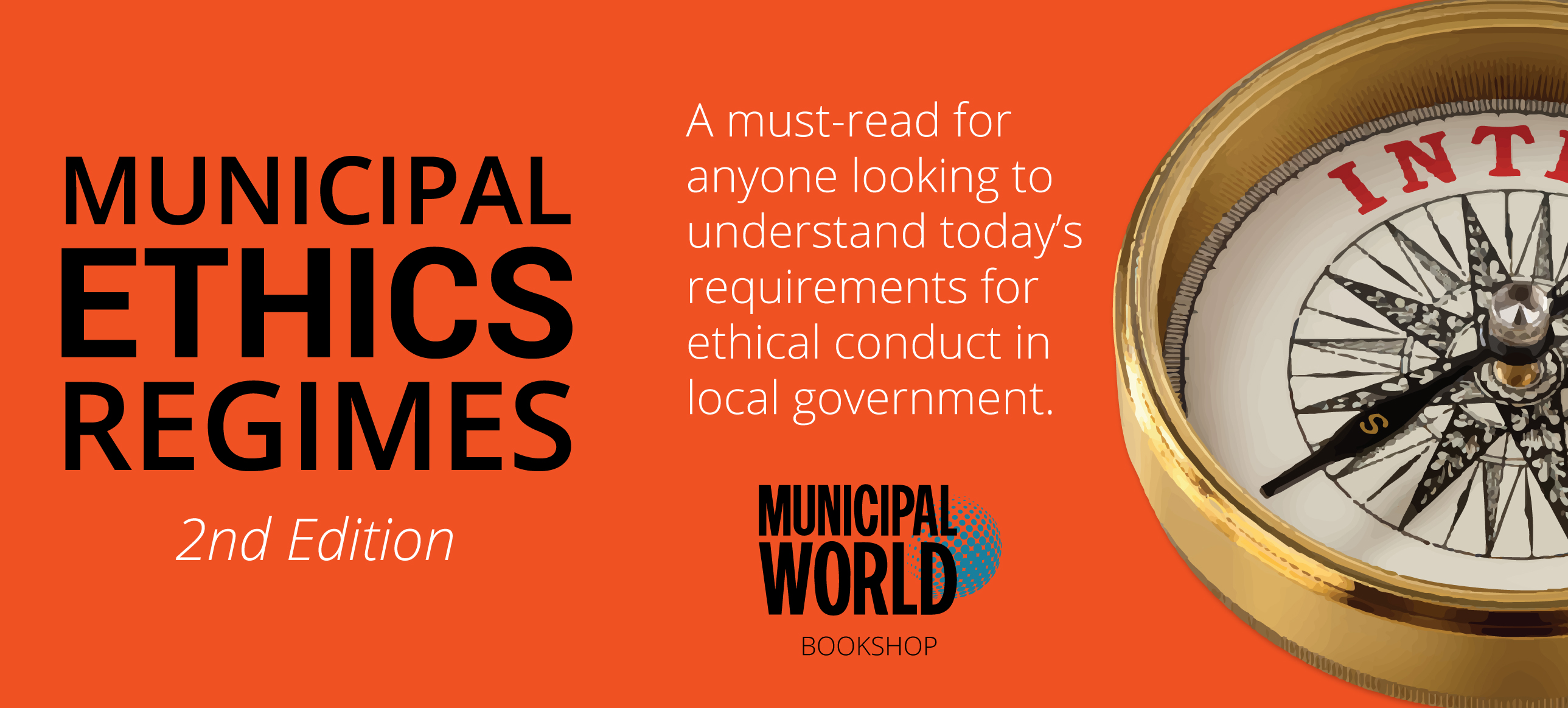New Smart Cities Challenge database provides a treasure trove of municipal insights
 special lens blur f/x, toned urban citizen concept
special lens blur f/x, toned urban citizen concept
With over 125 submissions from almost 200 communities across Canada, the Smart Cities Challenge jurists will have their work cut out for them. Finalists will be announced this summer, while the winners of the competition will be announced in spring 2019.
In the meantime, however, Infrastructure Canada has developed a portal to search and find details on the submissions from across the country. The portal offers the ability to search and sort by prize category or focus area (economic opportunity, empowerment and inclusion, environmental quality, healthy living and recreation, mobility, and safety and security), as well as by community name, province or territory, and population size.
The clickable map provides pop-out windows with Challenge Statements for participating communities, and links to their application details.

The portal captures not just an important Canada-wide collection of smart city proposals, but a snapshot of the challenges facing our communities and some of the innovative solutions that might help address them. This is revealed through individual Challenge Statements, such as the one from Thunder Bay, Ontario, for example:
“Reeling from the tragic deaths of Indigenous youth, Thunder Bay, in partnership with Fort William First Nation, will transform through truth and reconciliation, and investments in smart public safety technology and infrastructure – becoming a city where everyone feels safe and connected to each other and their celebrated lands and waters.”
And from Campbell River, B.C.:
“We will transform our downtown, collaborating with our partners and using enabling technologies, open data, and smart applications to solve safety issues and care for the needs of our vulnerable population, creating a welcoming city centre that attracts more businesses and visitors.”
And from The Pas, Manitoba:
“Our community will utilize LED Smart Farm technology to support local nutritious food growth and promote food security, create a smart phone distribution system and integrate wearable technology to achieve a 40% reduction in the number of imported vegetables and a 20% reduction in community diabetes rates by 2023.”
Regardless of their success in becoming finalists, or being selected as the final winners, the process of naming their challenges and identifying concrete “smart” solutions nevertheless brings value to the participating communities, providing them with insights (and potentially new partnerships as well). Whether the lessons learned can be applied as part of any future challenges, or just to the challenges that these communities face, each of the applicants has taken a major step forward in creating a roadmap for addressing the unique issues that they encounter daily. This alone can’t help but put them on a path to making changes toward a better future.
The portal can be accessed at: http://www.infrastructure.gc.ca/sc-vi/map-applications.php
In French: http://www.infrastructure.gc.ca/sc-vi/candidature-carte.php



